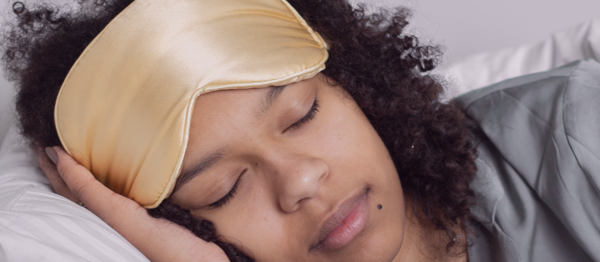The term “restorative sleep” exists for a reason: sleep restores the body. When the body goes to sleep, its activities are reduced, allowing the appearance of restorative and compensatory processes. For the body as a whole, these processes may take place during waking or resting phases: however, the brain can only be restored during the deep sleep phases.
This “deep” sleep can easily be disturbed by different factors, such as snoring or apnea-hypopnea. These two sleep disorders imbalance breathing during sleep, depriving the brain of the oxygen necessary for the restorative processes. The effect is non-restorative sleep.
Since good sleep is essential for health, if you feel that your sleep is disturbed, it is of the utmost importance to pay attention to your symptoms. Do you feel…?
- Fatigue when waking
- Difficulty falling asleep or waking up
- A feeling of suffocation or breathlessness when waking
- A feeling of heaviness in your legs
- Fatigue and falling asleep during the day
Age and hormonal changes (menopause, pregnancy) are often predisposing factors for sleep disorders. Regardless of your situation, consult a professional to help you regain optimum health.
What Medicus can do for you
Medicus gives you access to the services of a team of respiratory therapy professionals. During a meeting with them, they evaluate your symptoms to arrive at a diagnosis of your sleep pathology.







